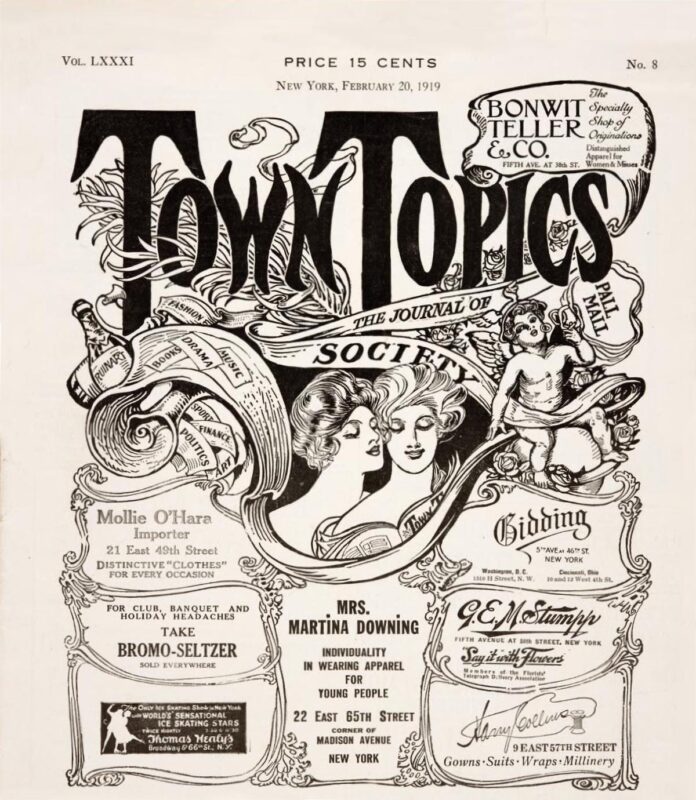
Dishing dirt
The Gilded Age's wicked society magazine
How William d’Alton Mann blackmailed his way into creating one of New York City’s most parasitic gossip rags.
Before the devil wore Prada, there was a Civil War veteran, a so-called “pasha of the Gilded Age,” who was one of the most vilified characters in magazine publishing. Arising out of nowhere like our beloved Gatsby, William d’Alton Mann became the kind of person all society people wished to emulate (in practice).
He was well read, a veteran, a landowner, an entrepreneur, an inventor—and was privy to all of New York’s most delicious gossip. Hailing from a working-class background and with an education in engineering, you might be wondering how Mann was able to start one of the most parasitic gossip rags of the Gilded Age. And you thought TMZ was bad . . .
Founded in the late 19th century, the magazine which would become Town Topics: The Journal of Society began circulating in New York City. At the turn of the century, its old title was purchased by Mann’s brother, but following his bizarre arrest related to obscenities being sent through the mail (we won’t open that can of worms), the publication fell into Mann’s hands.
The society rag dished all of New York’s dirt—alongside the occasional political commentary, literary, and cultural articles. But the ultimate goal was to draw in and torture New York’s wealthiest sets. Mann hired maids, chauffeurs and even musicians who entered the city’s wealthiest households—people in the background of Manhattan’s upper echelons of society—to dish on their employers.
He developed a scheme to pick out and blackmail about 400 people of the wealthiest and most prominent robber barons of the day. Part of his abhorrent editorial modus operandi was to mail a copy of the upcoming issue to the victims of Town Topics gossip before it was sent to the presses to ask if they would like to “make any edits” and offering the removal of any secrets in exchange for buying some advertising in the newspaper.
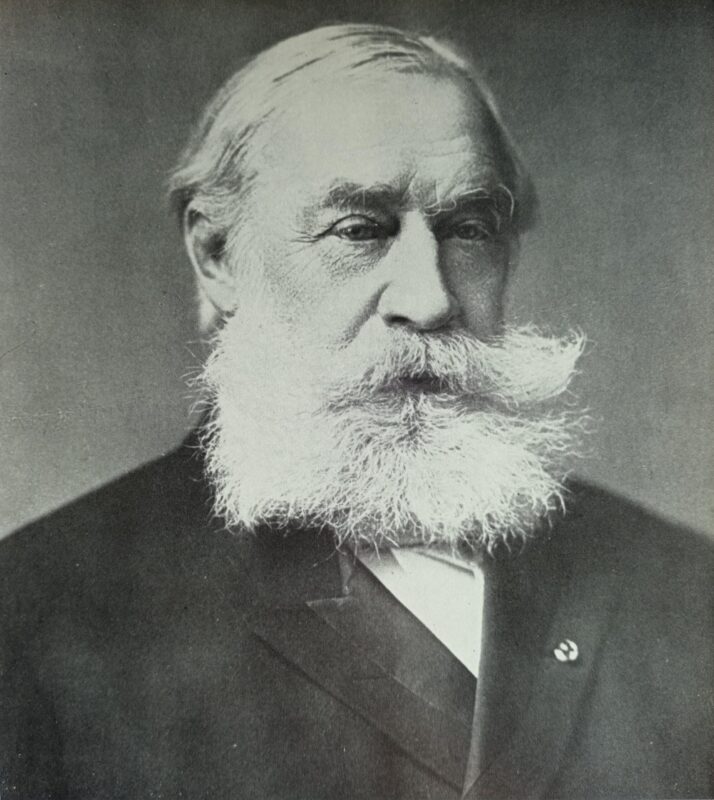
William K. Vanderbilt paid $25,000 to Town Topics, while Dr. Seward Webb, Vanderbilt’s brother-in-law, paid $14,000. J. Pierpont Morgan dished out $2,500 and William C. Whitney, $1,000. Arabella Huntington, once known as the richest woman in the country, was out to avoid legal intervention when it was revealed that she paid Mann for a $10,000 “subscription” to one of his other publications, Fads and Fancies of Representative Americans.
The sons of railroad magnate Jason Gould paid $5,500 and steel magnate Charles M. Schwab coughed up $10,000. The value of what Mann made from gossip in the 1910s translates to about $17 million today.
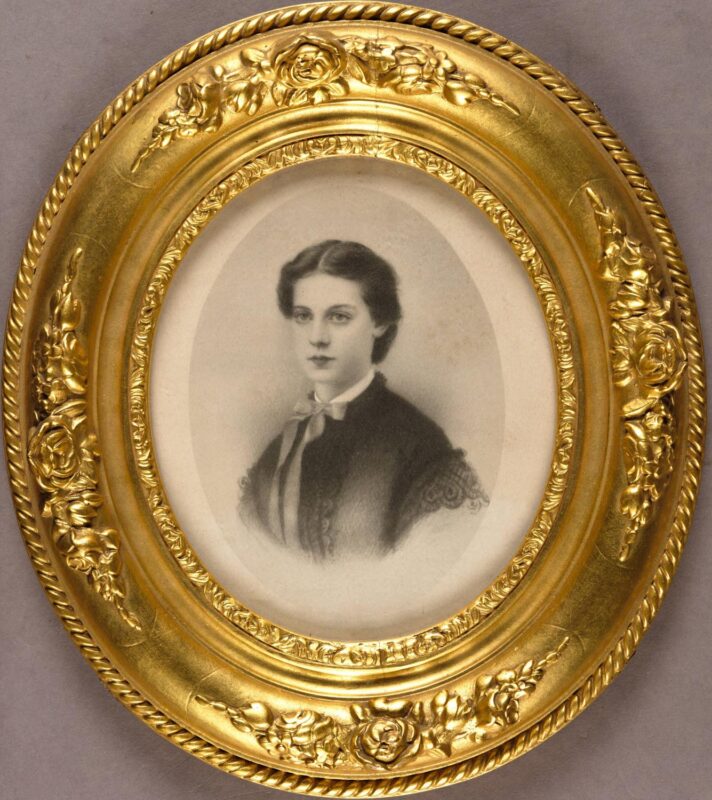
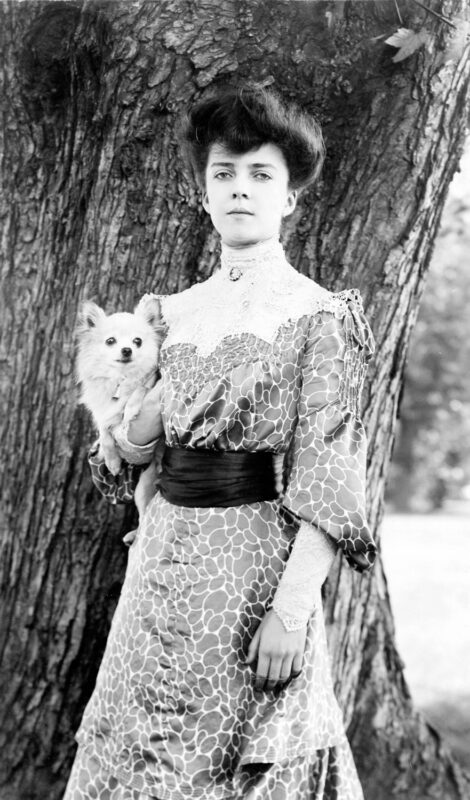
The gossip written at the time was often ruinous, and only rarely used thinly veiled aliases. It was said that this particular publication may have been the reason one of New York’s wealthiest women fled for Europe. Alice Roosevelt, the president’s “wild” daughter—who smoked on the White House roof and wore a pet snake draped around her arm at parties—was a favorite subject of Town Topics, which brazenly wrote about her love for donning expensive lingerie and taking stimulants.
While Mann made his money from blackmail, he was never successfully sued for libel in relation to the magazine—although he did admit in civil court to allowing robber barons to purchase immunity from unwanted coverage in the paper. He used a loophole in his storytelling: rarely outright printing specific names but always sharing very obvious details, clues and defining characteristics about the society person that he knew would allow readers to crack the code.
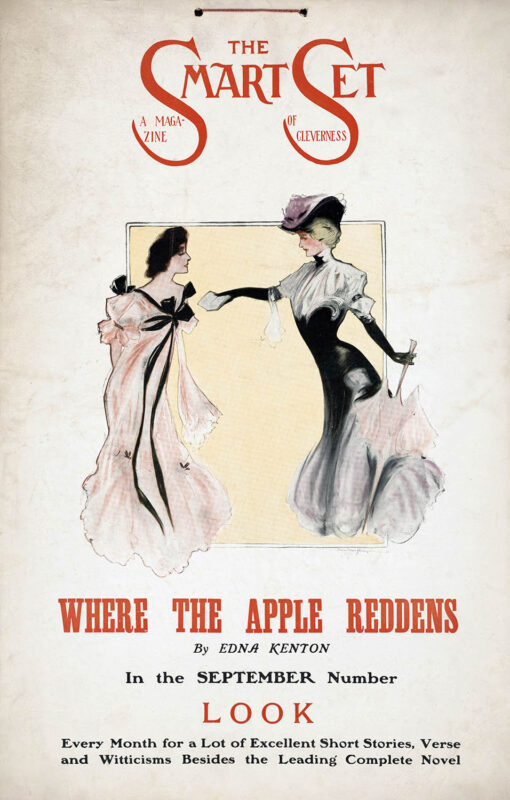
It was difficult, to say the least, to get away from Town Topics, whether one paid the fee or not. It was said that if the magazine printed something kind about someone, or if there were even an advertisement linked to the business of a wealthy individual, it could be speculated that this was a payoff. Damned if you did, damned if you didn’t.
Mann made an effort to launder the dirty editorial doings of Town Topics by publishing a range of other more dignified magazine titles.
The Smart Set was a one of the most respected literary magazines of the Jazz Age, read by Hemingway, F. Scott Fitzgerald, and Lewis Sinclair. It was founded by Mann at the turn of the century; he even stepped into the role as the magazine’s editor for several years when allegations of blackmail associated with Town Topics in 1906 came to light and prompted the readership of The Smart Set to sharply decline, losing around 25,000 readers.
He sold the magazine—along with its ruined reputation—in 1911 to millionaire John Adams Thayer, who was able to save the sinking ship and turn it into a notable avant-garde journal, featuring literary works by such authors as D.H. Lawrence, Joseph Conrad, and Yeats.
Town Topics began its inevitable decline following Mann’s death in 1920, much to the relief of New York’s elite. The publication wasn’t ruthless enough to continue without him and closed its doors in 1930. The publication of Town Topics walked in the Gilded Age, so to speak, so the paparazzi and the likes of TMZ could run.
Hero image: Cover of Town Topics: The Journal of Society, February 20, 1919, from The Huntington Library, Art Collections, and Botanical Gardens



